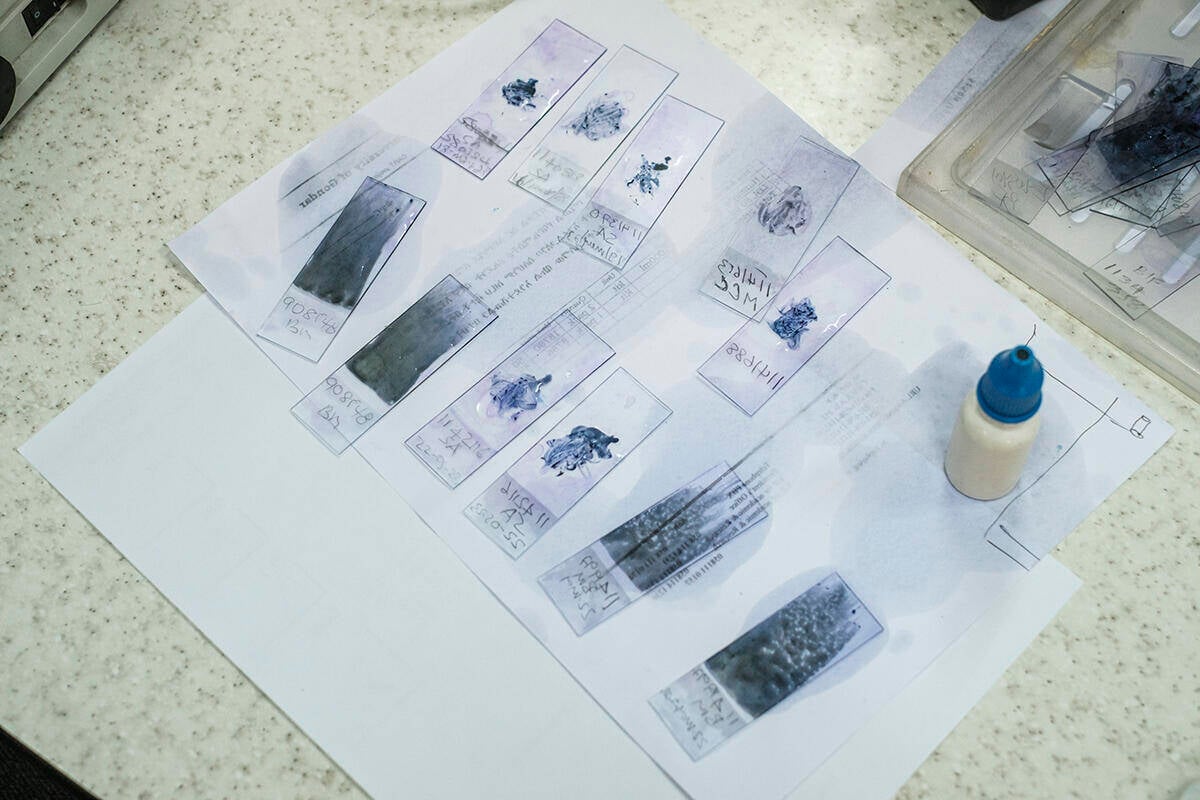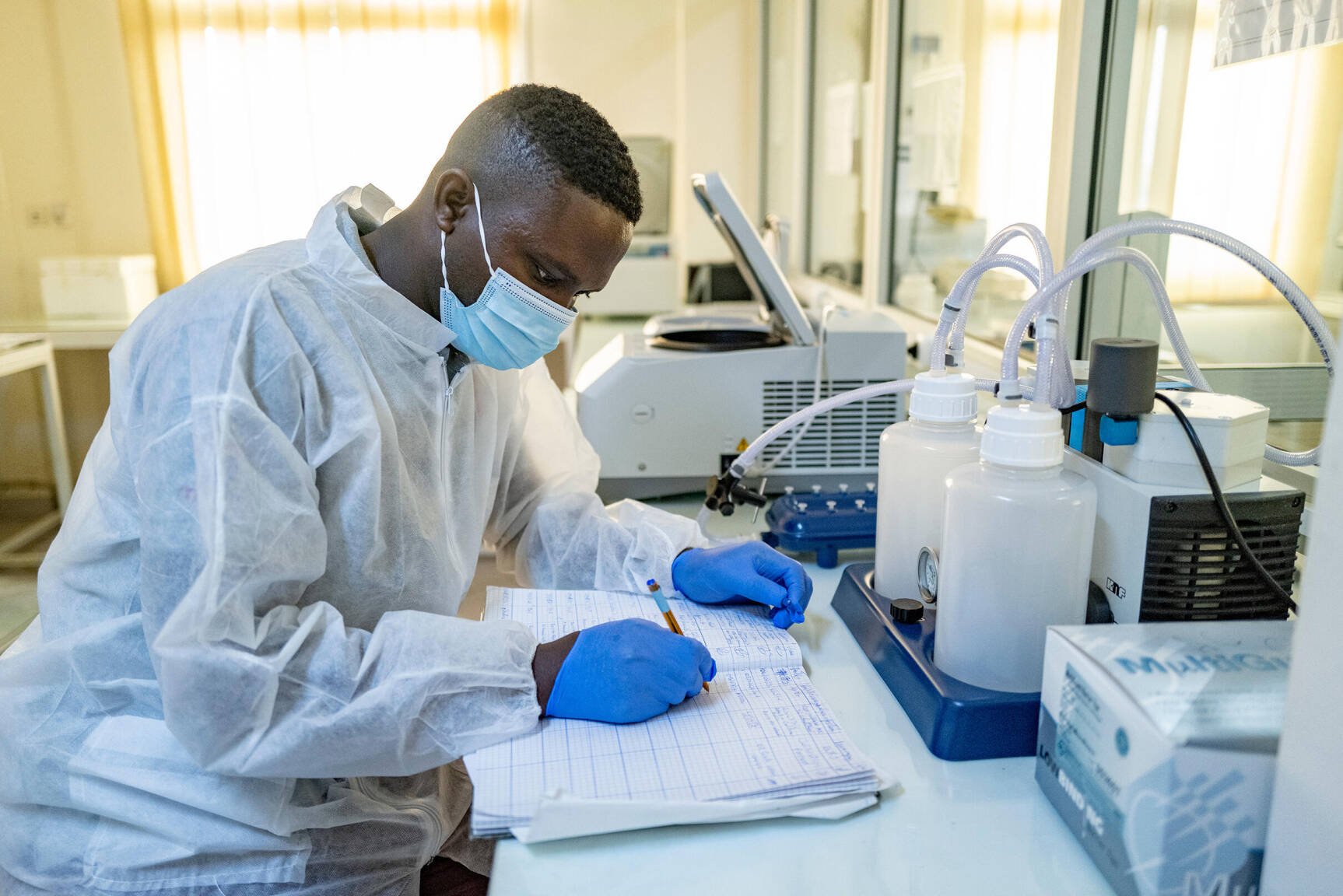
scroll down
EDCTP Career Development Fellow David Kateete has used large-scale genomic and microbiomic analyses to shed light on TB and other diseases.

In other research, Dr Kateete assessed the ability of ten machine learning algorithms to predict the susceptibility of Mycobacterium tuberculosis isolates to four TB drugs. The best performing tool varied from drug to drug, and performance on Ugandan isolates generally did not generalise well to a dataset from South Africa. None can therefore be used as a general-purpose tool for predicting resistance on the basis of genome data. Notably, the project also identified a range of new genetic variants associated with resistance to TB drugs.
As well as TB, Dr Kateete has also applied genomic approaches to SARS-CoV-2 and COVID-19. In the first such analysis in sub-Saharan Africa, he found differences between the gut microbiome of COVID-19 patients and unaffected contacts, although it is unclear if these are associated with susceptibility to COVID-19 or are a consequence of infection.
In addition, Dr Kateete and colleagues used a novel sequencing technology, MinION, to investigate SARS-CoV-2 samples from Uganda. One advantage of this technology is that is provides information on both single nucleotide changes and larger-scale changes (insertions and deletions). The study found that the samples were closely related to other genomes from Uganda and the DRC, suggesting that SARS-CoV-2 was circulating widely within and between the two countries, rather than being repeatedly introduced.
Following his fellowship, Dr Kateete is continuing his studies in Uganda. He was recently promoted to Associate Professor and appointed Dean, School of Biomedical Sciences at Makerere University.
In his EDCTP fellowship, Dr David Kateete used high-throughput technologies to explore the microbial make-up of gut and sputum samples taken from TB patients. Although changes to the microbiome have been seen in multiple diseases, including TB, few studies have been undertaken in low- and middleincome countries.
Dr Kateete examined the microbiome of a cohort of TB patients from Uganda, comparing findings in this group with those of their household contacts without TB. His findings suggest that the composition of the microbiome is significantly affected by several factors, including HIV status, clinic visits and nutritional status. They suggest that microbiomic changes could have an effect on TB disease dynamics. He successfully applied for additional NIH funding for further studies to disentangle these effects.
Advancing microbiomics in Africa